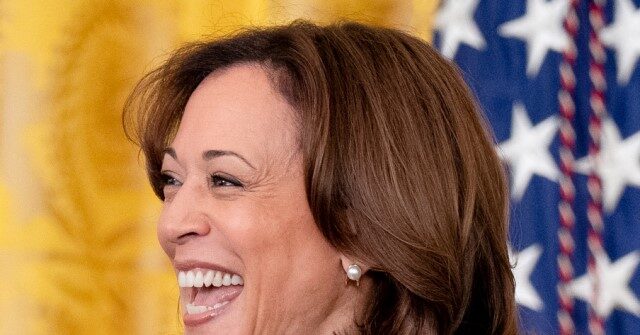On a recent episode of “NewsNation Now,” Representative Henry Cuellar, a Democrat from Texas, emphasized the urgent need for his party to prioritize strong border security and address rising cost of living issues. Cuellar’s comments reflect a growing concern among Democrats about the disconnect between party messaging and the realities faced by working-class Americans. He suggested that many voters are more concerned about tangible economic pressures, such as the rising prices of essentials like eggs, milk, and bread, rather than the broader and more abstract themes often promoted by the party at the national level.
Cuellar highlighted his electoral experiences to illustrate this point, noting his significant support in Starr County, which historically has leaned Democratic for over a century. Despite this long-standing allegiance, Donald Trump managed to capture 57% of the vote there in the last election. In contrast, Cuellar received nearly 70% of the votes, demonstrating that his focus on practical issues resonated with constituents. He lamented that Democrats must pivot away from lofty rhetoric rooted in ideals of joyful progress and set their sights firmly on the concerns that directly affect everyday lives.
The implications of Cuellar’s observations are profound as Democrats gear up for the 2024 elections. The party faces a critical challenge: bridging the gap between its traditional messaging and the pressing needs of its constituents. With economic conditions leading many voters to prioritize bread-and-butter issues, there is a risk that continued emphasis on abstract or ideological themes could alienate key demographics. Cuellar’s assertion is a clarion call for the party to recalibrate its focus and ensure that broad themes of prosperity do not overshadow the immediate struggles faced by voters.
To effectively engage with working-class Americans, Cuellar insists that Democrats need to ground their policies in reality. This means advocating for border security measures that align with the concerns of their constituents, especially in border communities where issues of immigration and safety are top of mind. Additionally, addressing the rising cost of goods and the economic stress that accompanies it is crucial. Cuellar’s approach serves as a reminder to his fellow party members that real results and visible improvement in the lives of citizens can enhance their political appeal.
Ultimately, Cuellar’s perspective can be seen as a rallying point for Democrats as they strategize for the upcoming election cycle. The need for a cohesive message that embraces both economic realities and community safety is paramount. His experiences demonstrate that focusing on the practical concerns of the electorate may not only enhance voter engagement but also strengthen support for the party. As constituents navigate their daily challenges, a shift in emphasis towards problem-solving and relatable narratives could become the cornerstone of a successful campaign approach.
In summary, Cuellar’s insights highlight a pressing need for the Democratic Party to reorient its focus to align more closely with the lived experiences of its constituents. By prioritizing strong border security and addressing cost of living concerns, Democrats can better connect with voters and navigate the challenges posed in the lead-up to the 2024 elections. Such a shift may prove vital in maintaining voter trust and support amidst a turbulent political climate, underscoring the importance of practicality in effective governance and campaigning.

